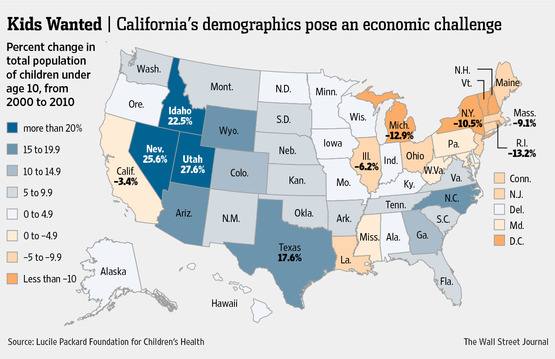It seems that couples who want to get married and start a family today are on their own--whether they want to or not, they are left to do it themselves. Consider the observation of sociologist Dr. Leon Kass in his anthology Wing to Wing, Oar to Oar:
...for most of America's middle- and upper-class youth--the privileged college-educated and graduated--there are no known explicit or even tacit social paths directed at marriage. People still get married--though later, less frequently, more hesitantly, and by and large, less successfully. People still get married in churches and synagogues--though often with ceremonies and vows of their own creation. But for the great majority the way to the altar is uncharted territory. It's every couple on its own bottom, without a compass, often without a goal. Those who reach the altar seemed to have stumbled upon it by accident.
After “stumbling onto the altar by accident,” many couples back their way into parenting. A third of all pregnancies in marriage are unplanned--leaving families formed without much vision or preparation. Unfortunately, it seems that it's only when couples show up in churches with kids that pastors begin to engage and start doing family ministry. Few churches invest in family formation--in actually helping couples to marry well and start a family with vision and preparation to begin with.
For that matter, few parents are investing in their son or daughter's path to family. Consistently, parents will define success in their roles as preparing their children for college and the workplace. Recently, more parents have gotten the message from their churches that success also means preparing their children for eternity–introducing them to a vibrant faith during their formative years. But not enough parents feel it's their role to prepare their children for families of their own.
Too many are stuck in the cultural mindset that parents should be hands-off and let their children follow their own hearts in their paths to marriage and children. Others feel they should take the multi-cultural path and let their children choose whatever form of relationship they want to have as adults without elevating marriage and family among other choices. But when three quarters of high school seniors tell the Monitoring the Future survey that getting married and starting a family are extremely important to them, shouldn't parents be more invested in that goal?
We're told that this generation of helicopter parents have gone overboard in managing their children's lives. But when it comes to helping their children marry well, it seems they are either checking out or actually discouraging marriage. In the Touchstone magazine article, “Unmarried, Still Children,” Joan Frawley Desmond talks about children who've been raised for everything except marriage. She writes:
Today, parents have a tough time understanding their proper role. Not only has the culture embraced the good of individual autonomy—as opposed to parental authority and familial responsibility—but radical social change has bred confusion about what constitutes the proper goal of adulthood. ... Their children are deemed incapable of bearing the weight of marriage. Everything must be in place before they can contemplate such a momentous—potentially “destabilizing”—step.
When we lived in Colorado, I spoke with a mentor who has children my age. He and his wife worked hard to stay invested in their children's lives and paths to family, but he told me about a friend of his who wasn't invested. This friend of his shared his anxiety over the guy his daughter was dating, but then said he didn't think it was his place to inject himself. “Why shouldn't you get involved in your daughter's choice of a spouse?” our mentor asked him, “this guy could potentially be in your life making trouble for a long time and leaving you to pick up the pieces as the dad and grandpa. Now is the time to get involved, even if it's awkward.”
Can't we do better?
Can parents recover their roles in helping their children to marry well and start strong families? Can churches do more pre-family ministry? Can some older couples step up and serve as mentors to fill in the gaps?






